Find Help
More Items From Ergsy search
-
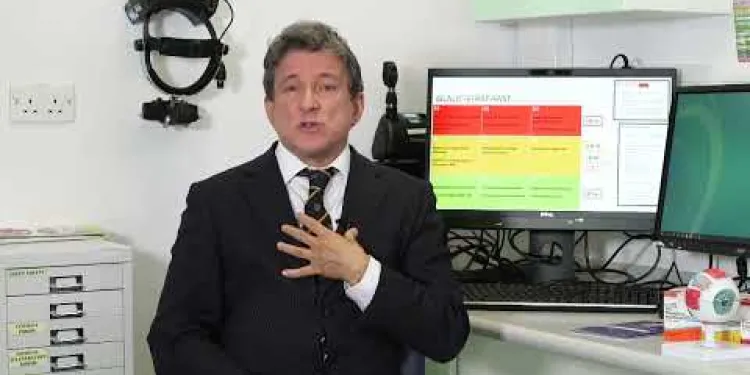
Glaucoma: general side effects of eye drops
Relevance: 100%
-
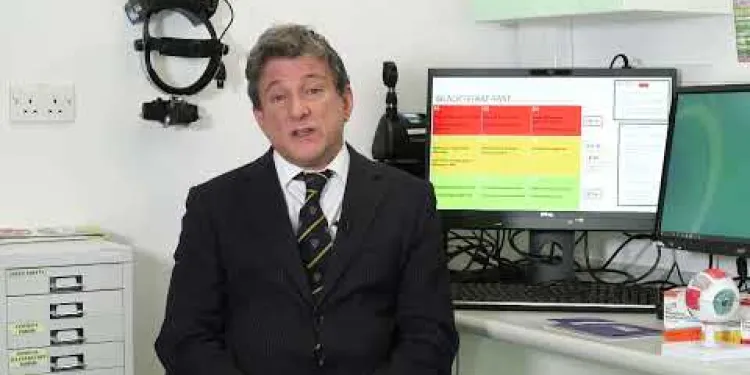
Glaucoma: how often should i take my eye drops?
Relevance: 76%
-
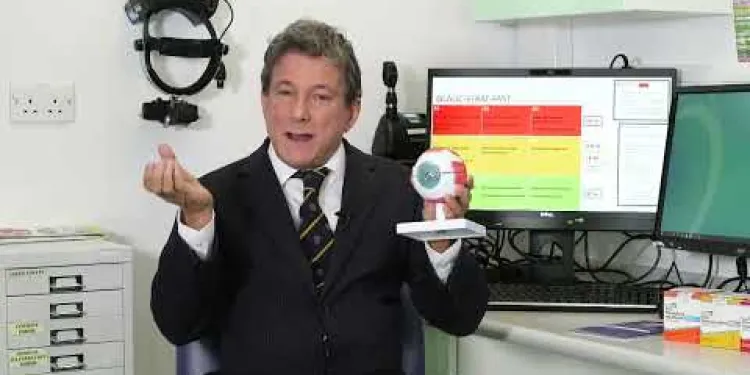
Glaucoma: what is glaucoma?
Relevance: 49%
-
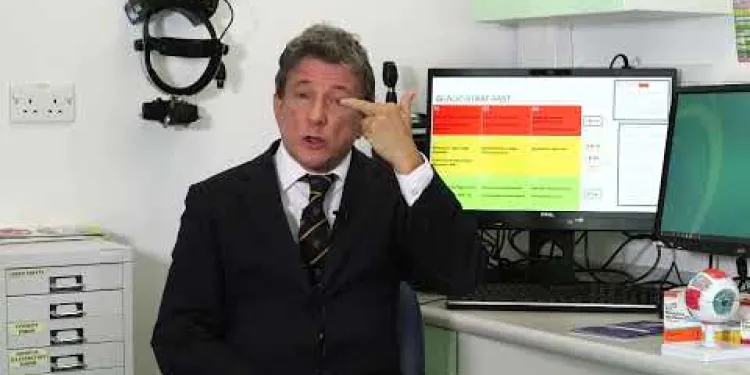
Glaucoma: symptoms in glaucoma
Relevance: 49%
-
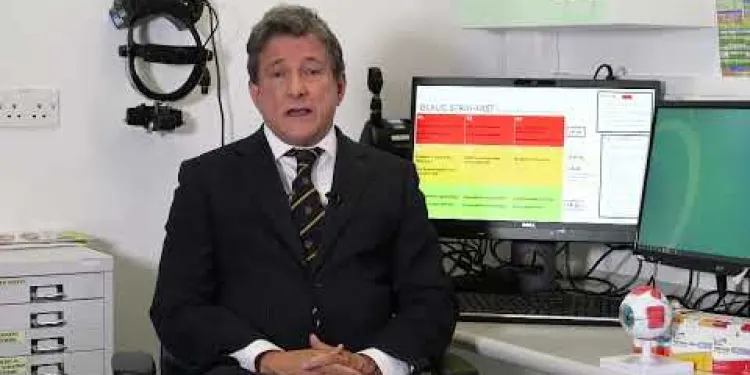
Glaucoma: how does it affect my ability to drive?
Relevance: 39%
-

What is the difference between hypotony and glaucoma?
Relevance: 38%
-

Are there any self-tests for eye pressure?
Relevance: 38%
-
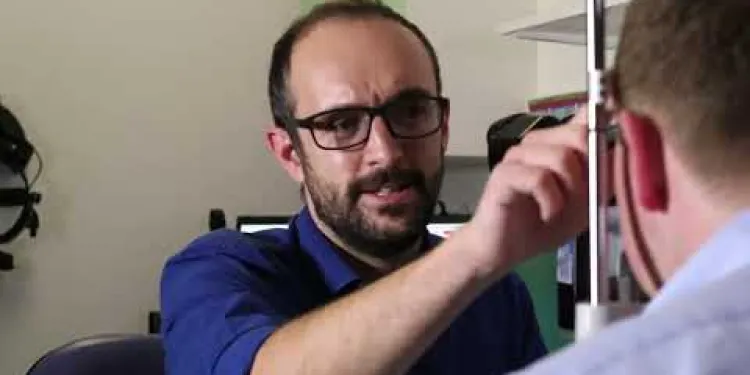
Glaucoma: about the Ophthalmology Team at University Hospitals Birmingham NHS Foundation Trust
Relevance: 35%
-

What is hypotony in the eye?
Relevance: 34%
-

What is the eye condition hypotony?
Relevance: 33%
-
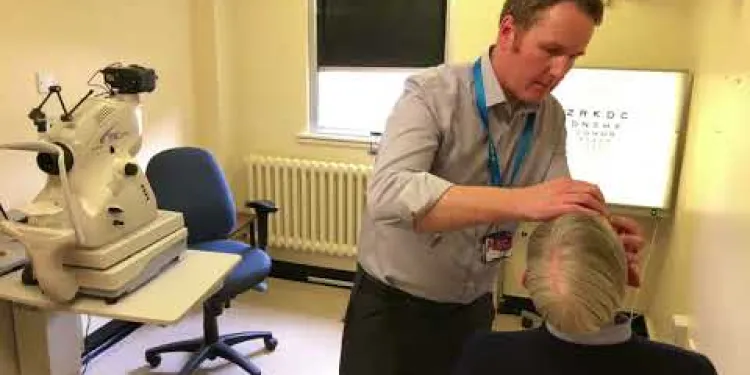
Derbyshire Diabetic Eye Screening - Diabetic Eye Screening
Relevance: 32%
-
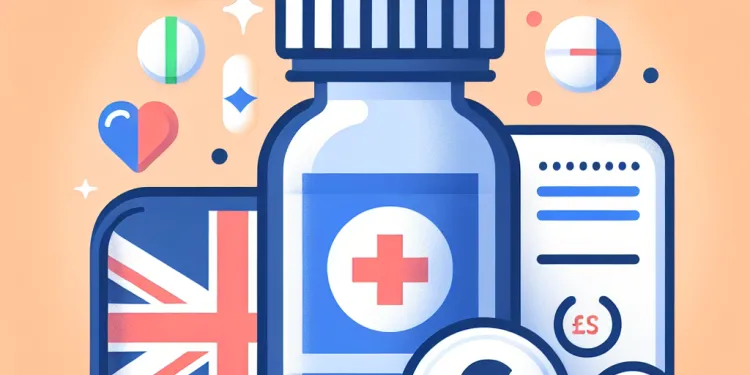
What are the side effects of Paracetamol?
Relevance: 32%
-
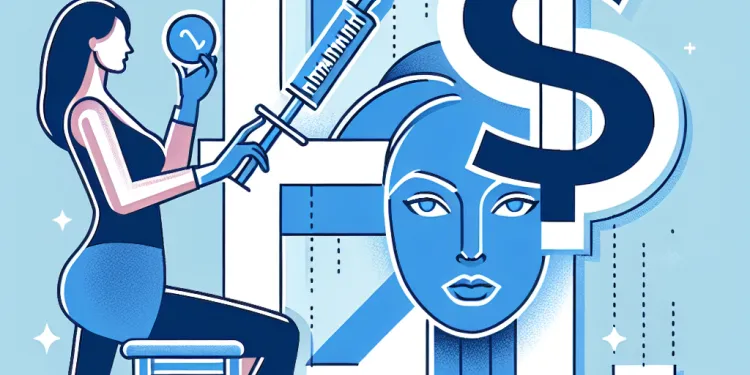
What are the side effects of Botox?
Relevance: 32%
-
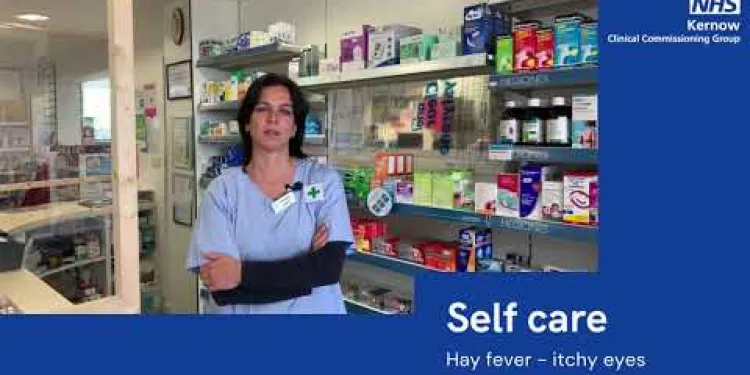
Self care - hay fever itchy eyes
Relevance: 31%
-
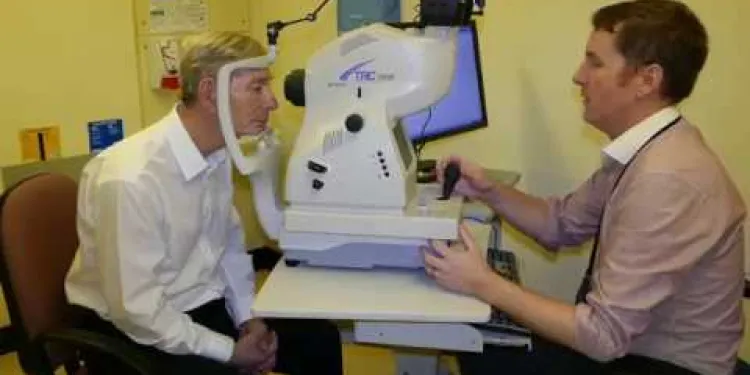
Derbyshire Diabetic Eye Screening - Your Screening Appointment
Relevance: 30%
-

What are the common side effects of spinal anaesthesia?
Relevance: 30%
-
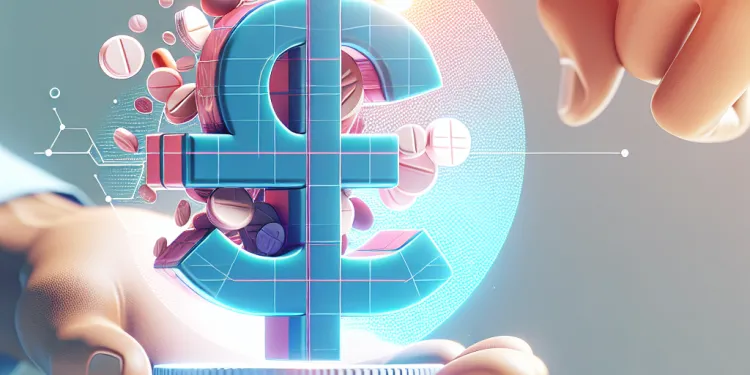
What are the side effects of Ibuprofen?
Relevance: 30%
-

Can hypotony occur in both eyes?
Relevance: 29%
-

What are the side effects of Botox?
Relevance: 29%
-

Diabetes Eye Screening
Relevance: 29%
-

Eye Injections at Royal Bournemouth Hospital
Relevance: 28%
-

What are the side effects of Ozempic?
Relevance: 28%
-

What are common side effects of CBD?
Relevance: 28%
-
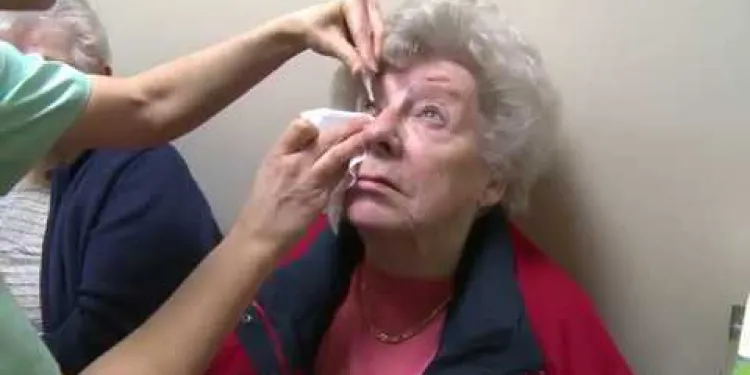
Eye Injections at Royal Bournemouth Hospital
Relevance: 28%
-

What are common side effects of Baxdrostat?
Relevance: 28%
-
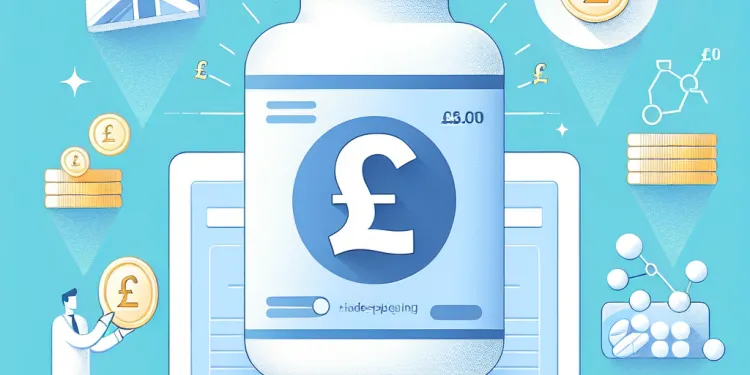
What are the side effects of Aspirin?
Relevance: 28%
-

Are there any common side effects of Mounjaro?
Relevance: 27%
-

What are the common side effects of Abiraterone?
Relevance: 27%
-
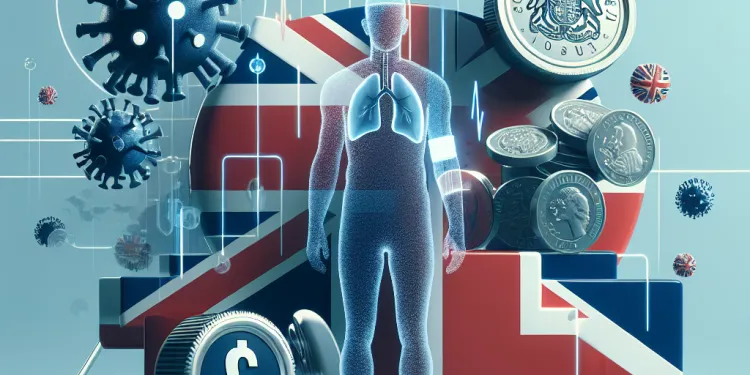
What are the common side effects of vaccines?
Relevance: 27%
-

What are the common side effects of Ozempic?
Relevance: 27%
-

What are common side effects of Wegovy?
Relevance: 27%
-

Can self-testing detect all eye conditions?
Relevance: 27%
-

What are common side effects of antibiotics?
Relevance: 27%
-

Are there any side effects to the flu vaccine?
Relevance: 27%
-

What are common side effects of Ozempic?
Relevance: 27%
-

What are the side effects of Paillon treatment?
Relevance: 27%
-

What are the common side effects of ketamine?
Relevance: 27%
-

What are the limitations of self-testing for eyes?
Relevance: 26%
-
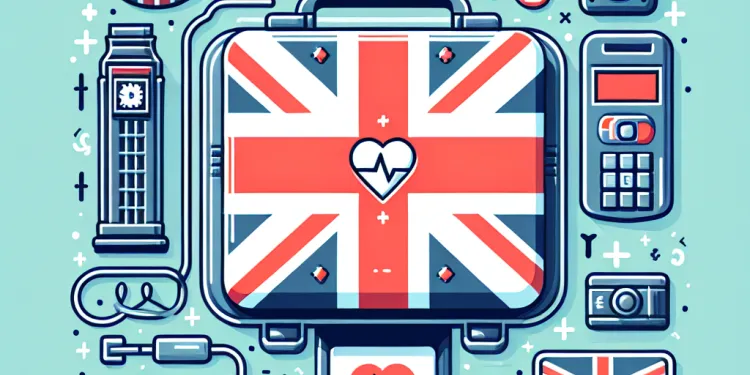
Do defibrillators have any side effects?
Relevance: 26%
-
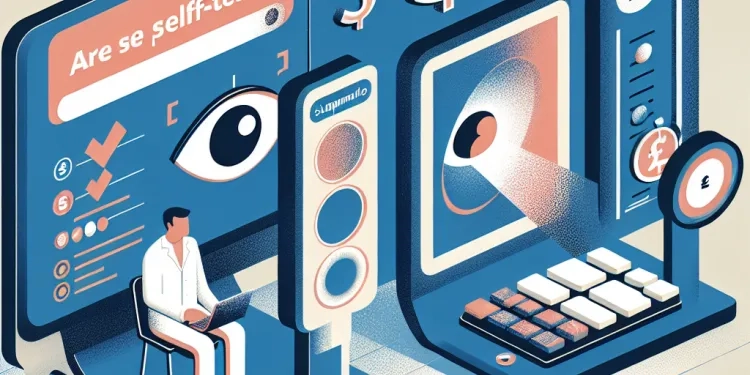
Are self-tests a substitute for professional eye exams?
Relevance: 26%
Understanding Glaucoma: General Side Effects of Eye Drops
Introduction to Glaucoma
Glaucoma is a group of eye conditions that can cause progressive damage to the optic nerve, leading to vision loss and potentially blindness if untreated. It is often associated with elevated intraocular pressure (IOP), but other factors can contribute to optic nerve damage. Treatments, including eye drops, aim to lower IOP and control the disease. Individuals in the United Kingdom, like those worldwide, rely on medicated eye drops as a first-line treatment for managing glaucoma.Common Side Effects of Glaucoma Eye Drops
When using eye drops to manage glaucoma, it is essential to be aware of potential side effects. These medications, while effective at reducing IOP, can sometimes cause adverse reactions. Common side effects include: 1. **Eye Irritation**: Many patients may experience temporary burning, stinging, or discomfort immediately after administering the drops. This effect usually subsides within a few minutes. 2. **Redness and Itching**: Some eye drops can cause redness of the eyes and eyelids, as well as itching. These symptoms may occur as the eye adjusts to the medication. 3. **Blurred Vision**: Temporary blurred vision can occur right after using eye drops, making it important to take precautions if planning to drive or operate machinery. 4. **Dry Eyes**: Certain formulations can reduce tear production, leading to dry, gritty-feeling eyes. Using complementary lubricating eye drops can help alleviate this discomfort.Systemic Side Effects
While glaucoma eye drops are primarily applied locally, some medications can enter the bloodstream and cause systemic side effects. These might include: 1. **Changes in Heart Rate**: Beta-blocker eye drops can potentially slow heart rate and reduce blood pressure. Patients with heart conditions should discuss these risks with their healthcare provider. 2. **Respiratory Issues**: Eye drops containing beta-blockers or other active agents may cause shortness of breath or exacerbate asthma symptoms in susceptible individuals. 3. **Altered Taste**: A metallic or unusual taste in the mouth is a reported side effect of some glaucoma eye drops, particularly when they drain from the eye into the nasal passages.Allergic Reactions
Although rare, allergic reactions to glaucoma eye drops can occur. Symptoms may include severe redness, swelling, itching, or rash around the eyes. In such cases, it is crucial to discontinue use and seek immediate medical assistance.Managing Side Effects
To minimize side effects, UK residents are advised to: 1. **Consult Healthcare Providers**: Always discuss any side effects with an ophthalmologist or healthcare professional. Adjusting the dosage or switching to a different medication can often alleviate adverse effects. 2. **Correct Application Technique**: Using eye drops correctly can reduce systemic absorption and local irritation. Pressing the inner corner of the eye (punctal occlusion) after administration helps limit the medication’s drainage into the bloodstream. 3. **Regular Monitoring**: Regular follow-ups and eye examinations are essential to ensure the effectiveness of the treatment and to address any side effects promptly. Always seek medical advice before making changes to prescribed treatments and notify healthcare providers of any concerning symptoms experienced during glaucoma treatment.Understanding Glaucoma: General Side Effects of Eye Drops
Introduction to Glaucoma
Glaucoma affects the eyes. It can hurt the optic nerve and lead to vision loss if not treated. This can sometimes cause blindness. It usually happens when the pressure inside the eye is too high. Eye drops can help lower this pressure. People in the UK use eye drops to manage glaucoma.Common Side Effects of Glaucoma Eye Drops
When you use eye drops for glaucoma, some side effects can happen. These might include: 1. **Eye Irritation**: Your eyes might burn, sting, or feel uncomfortable right after using the drops. This usually stops after a few minutes. 2. **Redness and Itching**: The drops can make your eyes and eyelids red or itchy. This is normal as your eyes get used to the medicine. 3. **Blurred Vision**: Your vision might be blurry for a short time after using the drops. Be careful if you need to drive or use machines. 4. **Dry Eyes**: Some drops might make your eyes feel dry or gritty. You can use moisturizing eye drops to help with this.Systemic Side Effects
Eye drops usually stay in the eyes, but sometimes they can get into the blood and cause other effects, such as: 1. **Changes in Heart Rate**: Some eye drops might slow down your heart. If you have heart problems, talk to your doctor. 2. **Breathing Issues**: Certain drops might make breathing hard, especially if you have asthma. 3. **Altered Taste**: You might notice a strange or metallic taste in your mouth after using some eye drops.Allergic Reactions
Allergic reactions to eye drops are rare, but they can happen. Look out for serious redness, swelling, itching, or a rash around your eyes. If this happens, stop using the drops and see a doctor immediately.Managing Side Effects
To deal with side effects, try these tips: 1. **Consult Healthcare Providers**: Always talk to your eye doctor about any side effects. They might change your medicine or dosage to help. 2. **Correct Application Technique**: Use eye drops the right way. Press on the corner of your eye near your nose after putting in the drops. This helps keep the medicine in your eye and out of your bloodstream. 3. **Regular Monitoring**: Have regular eye check-ups. This helps make sure your treatment is working and to catch any side effects early. Always talk to a doctor before changing your treatment plan and let them know about any problems you have while treating glaucoma.Frequently Asked Questions
What are the common side effects of glaucoma eye drops?
Common side effects of glaucoma eye drops include eye irritation, redness, blurred vision, and sensitivity to light. Some people may also experience a change in taste or a mild headache.
Can glaucoma eye drops cause systemic side effects?
Yes, glaucoma eye drops can sometimes cause systemic side effects such as fatigue, dizziness, dry mouth, and changes in heart rate or blood pressure.
Should I be concerned about eye redness from glaucoma drops?
Eye redness is a common side effect and usually not a cause for concern. However, if the redness persists or is accompanied by severe pain, you should consult your ophthalmologist.
What should I do if I experience blurred vision after using glaucoma eye drops?
Blurred vision is a common side effect. If it continues or worsens, avoid driving or operating machinery and speak to your eye care provider.
Are there any long-term side effects of using glaucoma eye drops?
Long-term use of glaucoma eye drops can sometimes lead to side effects like eyelash growth, changes in eye color, or worsening dry eye symptoms. Regular monitoring by your doctor is important.
Can I use glaucoma eye drops with contact lenses?
It's generally advised to remove contact lenses before applying eye drops and wait at least 15 minutes before reinserting them to avoid any potential interactions.
What should I do if I miss a dose of my glaucoma eye drops?
If you miss a dose, apply it as soon as you remember. If it's almost time for your next dose, skip the missed dose and continue with your regular schedule. Do not double the dose.
Can I use over-the-counter eye drops while on glaucoma medication?
Consult your ophthalmologist before using any over-the-counter eye drops, as they may interact with your glaucoma medication.
What are some signs that I might be allergic to my glaucoma eye drops?
Signs of an allergic reaction include severe eye redness, swelling, itching, rash, or difficulty breathing. Contact your doctor immediately if you experience these symptoms.
How long does it take for glaucoma eye drops to start working?
The onset of action varies depending on the type of eye drop, but most can begin to reduce eye pressure within a few hours. Your doctor will monitor your progress over time.
Can glaucoma eye drops cause light sensitivity?
Yes, increased sensitivity to light is a possible side effect. Wearing sunglasses and avoiding bright lights can help manage this symptom.
Is it normal to have a change in taste after using glaucoma eye drops?
A change in taste is a known side effect of some glaucoma medications. This usually isn't harmful but can be discussed with your doctor if it is bothersome.
How should glaucoma eye drops be stored?
Store them in a cool, dry place away from light and out of reach of children. Some drops may need refrigeration; check the specific storage instructions provided with your medication.
Can glaucoma eye drops cause fatigue or drowsiness?
Fatigue or drowsiness can occur, especially with beta-blocker eye drops. If you experience these symptoms, inform your doctor as they may need to adjust your medication.
What should I do if I experience severe side effects from glaucoma eye drops?
If you experience severe side effects such as intense eye pain, significant vision changes, or systemic symptoms like shortness of breath or chest pain, seek medical attention immediately.
What bad things can happen when you use glaucoma eye drops?
Glaucoma is a problem with your eyes. Doctors give you drops to help. But sometimes, the drops can cause some problems too.
Here are some things that might happen:
- Your eyes might feel dry or itchy.
- Your eyes could get red.
- You might have blurry vision for a little while.
- You might get a headache.
Tell a grown-up if you feel anything strange after using the drops. They can help you. You can also use a calendar to remind you when to take your eye drops and ask someone to help you read this list if you need it.
Glaucoma eye drops can sometimes make your eyes feel sore or itchy. Your eyes might look red. You might have trouble seeing clearly. Bright lights might hurt your eyes. Some people might notice their food tastes different or they might get a small headache.
Do glaucoma eye drops cause side effects in the rest of the body?
Glaucoma eye drops are used to help the eyes. Sometimes they might cause problems in other parts of the body too. If you notice anything unusual or feel unwell after using the eye drops, tell a doctor or a grown-up.
It can help to:
- Keep a list of changes you feel after using the eye drops.
- Ask a doctor or nurse if you have any questions.
- Use a reminder to help you use the eye drops at the right time.
Yes, eye drops for glaucoma can sometimes make you feel tired, dizzy, or have a dry mouth. They can also change your heartbeat or blood pressure.
Is it okay if my eyes turn red from using glaucoma drops?
If your eyes get red from glaucoma drops, talk to your doctor.
You can ask your doctor these questions:
- Is it okay for my eyes to be red?
- Should I stop using the drops?
- Can I use something to make my eyes feel better?
Remember to keep track of any changes and tell your doctor.
Sometimes, eyes can get red. This happens a lot and is usually not a problem. If your eyes stay red for a long time or hurt a lot, see your eye doctor.
What to Do If Your Eyes Get Blurry After Using Glaucoma Drops
If your eyes get blurry after using glaucoma drops, don't worry. Here are some steps you can take:
- Stop using the drops: Take a break and don't use the drops for now.
- Tell an adult: Ask someone to help you, like a family member or friend.
- Call your doctor: Talk to your eye doctor or nurse. They can help you.
- Use good lighting: Make sure the lights are bright so you can see better.
- Use a magnifier: A magnifying glass can help make things bigger and clearer.
Remember, it's important to get help from a doctor if your eyes are blurry. They will know what to do.
Sometimes your vision might get blurry. This happens a lot. If it does not get better or gets worse, do not drive or use machines. Tell your eye doctor.
Can glaucoma eye drops cause problems in the future?
If you use eye drops for glaucoma, can they cause problems later? Let's find out.
Glaucoma is a problem with the eyes. People use eye drops to help it. But sometimes, even good medicine can have problems.
Here are some tips:
- Ask your doctor or nurse about the drops. They know a lot and can help.
- Read the paper that comes with your eye drops. It can have important information.
- If your eyes feel funny or hurt after using the drops, tell someone. It could be a teacher, parent, or health helper.
Remember, there are people who can help you. Don't be afraid to ask questions!
If you use eye drops for glaucoma for a long time, you might notice some changes. Your eyelashes might grow longer, your eye color could change, or your eyes might feel drier. It is important to see your doctor regularly to check for these changes.
Can I use eye drops for glaucoma when I wear contact lenses?
Take out your contact lenses before you put in eye drops. Then, wait 15 minutes before you put your lenses back in. This helps keep your eyes safe.
What if I forget my eye drops for glaucoma?
If you forget to use your eye drops, don't worry. Here’s what you can do:
- Use the drops as soon as you remember.
- If it is almost time for the next dose, skip the one you missed. Use the next dose at the regular time.
- Do not use two doses at the same time.
- If you are not sure what to do, ask an adult or your doctor for help.
Here are some tips to help you remember:
- Set a daily alarm on your phone or clock.
- Ask someone to remind you.
- Use a chart to check off when you use the drops.
If you forget to use your medicine, use it as soon as you remember. If it is almost time for your next medicine, just wait and use the next one. Do not use extra medicine to make up for the missed one.
Can I use store-bought eye drops if I have glaucoma?
If you take medicine for glaucoma, ask your doctor before using store-bought eye drops. They can tell you if it's safe. Here are some tips to help you: - Write down any questions you have. - Take someone with you to the doctor who can help remember what the doctor says. - Use a pill organizer to keep track of your glaucoma medicine. Always talk to your doctor if you're unsure about what's okay to use.Talk to your eye doctor before using any eye drops you buy without a prescription. Some eye drops can mix badly with your medicine for glaucoma.
How do I know if my eye drops for glaucoma might be making me sick?
Allergies can make your body feel bad. Some signs are
- very red eyes
- swollen body parts
- feeling itchy
- spots on the skin
- trouble breathing
If you feel these signs, tell your doctor right away.
Ways to help:
- Use simple words and short sentences when talking about how you feel.
- Ask a family member or friend to help you call the doctor.
When will glaucoma eye drops start to help?
Glaucoma eye drops help your eyes. They start to work soon after you use them. They might help in a few hours.
Remember to use the eye drops every day. Ask someone to help you if you find it hard.
If you have questions, talk to your doctor or nurse. They are there to help you feel better.
How fast the eye drops work can be different. It depends on the type of eye drops you use. Most eye drops start working to lower eye pressure in a few hours. Your doctor will check how you are doing over time.
Do glaucoma eye drops make your eyes sensitive to light?
Yes, sometimes people can be bothered by bright lights. This is called being sensitive to light. Wearing sunglasses and staying away from really bright lights can help with this.
Can eye drops for glaucoma change how things taste?
Some medicines for eye problems can make things taste different. This is not usually bad for you. But if it bothers you, talk to your doctor about it.
How to Store Glaucoma Eye Drops
Keep your eye drops in a cool, dry place. Don't let them get too hot or too cold.
Make sure the lid on the bottle is closed tight when not in use.
If the bottle says "keep in fridge," put it in the refrigerator.
Ask an adult to help if you're not sure where to keep your eye drops.
Keep them in a cool, dry place. Make sure they are away from light and children can't reach them. Some drops need to be kept in the fridge. Look at the instructions that come with your medicine to check.
Do glaucoma eye drops make you tired or sleepy?
Glaucoma is an eye problem. People with glaucoma use special eye drops to help their eyes. Some eye drops can make you feel tired or sleepy. If you feel this way after using your eye drops, talk to your doctor.
Here are some tips to help:
- Use a calm, quiet place to put in your eye drops.
- Ask someone to help you if you find it hard.
- Write down how you feel after using the eye drops. This can help you and your doctor.
Feeling very tired or sleepy can happen, especially if you use beta-blocker eye drops. If this happens to you, tell your doctor. They might need to change your medicine.
What do I do if eye drops for glaucoma make me feel very bad?
If the eye drops make you feel very unwell, talk to your doctor or nurse. It is important to tell them how you feel.
You can also ask someone you trust to help you talk to the doctor. They can go with you to the appointment.
It might help to write down how the eye drops make you feel. Keep a list of any problems. Take this list when you see the doctor.
Do not stop using the eye drops without asking the doctor first.
If you have bad side effects like very bad eye pain, big changes in how you see, or if you feel things like trouble breathing or chest pain, go to the doctor right away.
Useful Links
Have you found an error, or do you have a link or some information you would like to share? Please let us know using the form below.
-->
This website offers general information and is not a substitute for professional advice.
Always seek guidance from qualified professionals.
If you have any medical concerns or need urgent help, contact a healthcare professional or emergency services immediately.
Some of this content was generated with AI assistance. We’ve done our best to keep it accurate, helpful, and human-friendly.
- Ergsy carfully checks the information in the videos we provide here.
- Videos shown by Youtube after a video has completed, have NOT been reviewed by ERGSY.
- To view, click the arrow in centre of video.
- Most of the videos you find here will have subtitles and/or closed captions available.
- You may need to turn these on, and choose your preferred language.
- Go to the video you'd like to watch.
- If closed captions (CC) are available, settings will be visible on the bottom right of the video player.
- To turn on Captions, click settings .
- To turn off Captions, click settings again.
More Items From Ergsy search
-

Glaucoma: general side effects of eye drops
Relevance: 100%
-

Glaucoma: how often should i take my eye drops?
Relevance: 76%
-

Glaucoma: what is glaucoma?
Relevance: 49%
-

Glaucoma: symptoms in glaucoma
Relevance: 49%
-

Glaucoma: how does it affect my ability to drive?
Relevance: 39%
-

What is the difference between hypotony and glaucoma?
Relevance: 38%
-

Are there any self-tests for eye pressure?
Relevance: 38%
-

Glaucoma: about the Ophthalmology Team at University Hospitals Birmingham NHS Foundation Trust
Relevance: 35%
-

What is hypotony in the eye?
Relevance: 34%
-

What is the eye condition hypotony?
Relevance: 33%
-

Derbyshire Diabetic Eye Screening - Diabetic Eye Screening
Relevance: 32%
-

What are the side effects of Paracetamol?
Relevance: 32%
-

What are the side effects of Botox?
Relevance: 32%
-

Self care - hay fever itchy eyes
Relevance: 31%
-

Derbyshire Diabetic Eye Screening - Your Screening Appointment
Relevance: 30%
-

What are the common side effects of spinal anaesthesia?
Relevance: 30%
-

What are the side effects of Ibuprofen?
Relevance: 30%
-

Can hypotony occur in both eyes?
Relevance: 29%
-

What are the side effects of Botox?
Relevance: 29%
-

Diabetes Eye Screening
Relevance: 29%
-

Eye Injections at Royal Bournemouth Hospital
Relevance: 28%
-

What are the side effects of Ozempic?
Relevance: 28%
-

What are common side effects of CBD?
Relevance: 28%
-

Eye Injections at Royal Bournemouth Hospital
Relevance: 28%
-

What are common side effects of Baxdrostat?
Relevance: 28%
-

What are the side effects of Aspirin?
Relevance: 28%
-

Are there any common side effects of Mounjaro?
Relevance: 27%
-

What are the common side effects of Abiraterone?
Relevance: 27%
-

What are the common side effects of vaccines?
Relevance: 27%
-

What are the common side effects of Ozempic?
Relevance: 27%
-

What are common side effects of Wegovy?
Relevance: 27%
-

Can self-testing detect all eye conditions?
Relevance: 27%
-

What are common side effects of antibiotics?
Relevance: 27%
-

Are there any side effects to the flu vaccine?
Relevance: 27%
-

What are common side effects of Ozempic?
Relevance: 27%
-

What are the side effects of Paillon treatment?
Relevance: 27%
-

What are the common side effects of ketamine?
Relevance: 27%
-

What are the limitations of self-testing for eyes?
Relevance: 26%
-

Do defibrillators have any side effects?
Relevance: 26%
-

Are self-tests a substitute for professional eye exams?
Relevance: 26%


